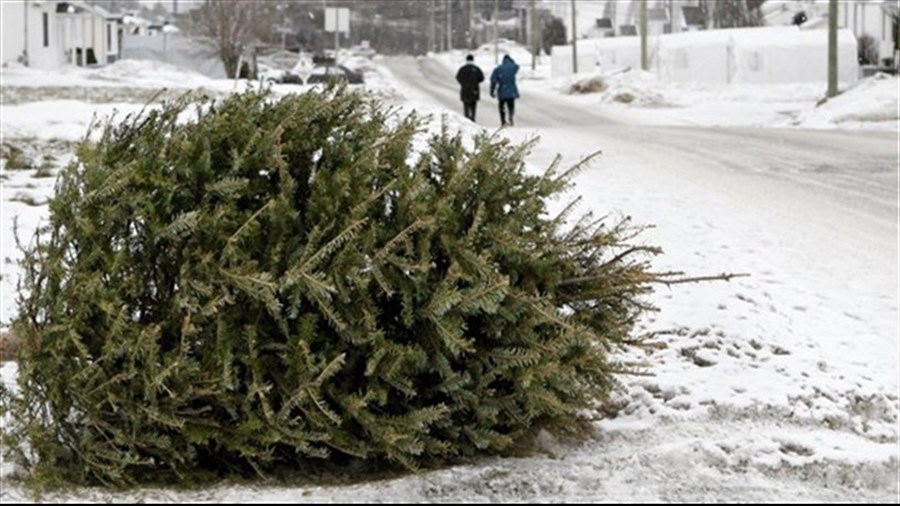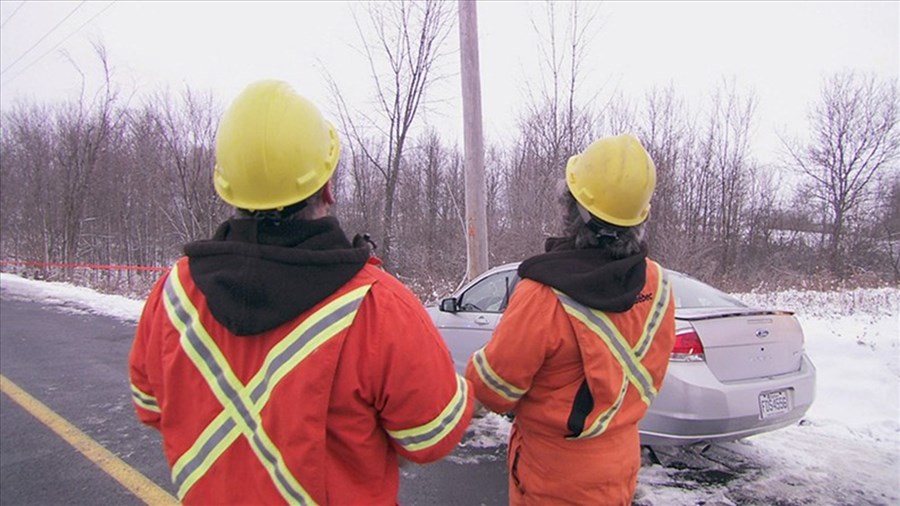Reminder of our interview with CN Police Officer Pierre Bergeron
Rail Safety Week underway in Quebec
Until Sunday, September 29, it's Rail Safety Week in Quebec. Last year, Néomédia took the opportunity to speak with Canadian National police officer Pierre Bergeron about the proper behavior to adopt near level crossings.
Before getting to the heart of the matter, let's delve into the statistics for the province of Quebec. Last year, there were 29 reported incidents on the 3,800 miles of track that make up the province. These events resulted in eight fatalities and four serious injuries.
In Canada, the toll was also higher last year. There were 232 incidents, resulting in 66 deaths and 43 serious injuries.
“When we talk about an incident, we have to specify that it necessarily involves a collision between a train and a person on a bicycle, on foot, on a motorcycle, or in an all-terrain vehicle, etc. It has to be a human being. A human being must be involved. For example, if a train collides with a bicycle abandoned on the tracks, the incident is not included in the annual statistics,” explains Inspector Pierre Bergeron, who has been with the CN Police for 25 years.
Why do incidents continue to occur on CN property year after year? “The majority of incidents occur because of inattention on the part of the driver. Contrary to popular belief, intentional actions account for only 20% of incidents on the tracks. The rest are attributable to motorists disregarding the signs in place, or to cyclists and walkers not hearing the sirens announcing the arrival of the train.”
CN Police: intervention and prevention
What is the role of a CN police officer? “We can compare ourselves to a municipal police officer, except that our territory consists of all the land owned by Canadian National, i.e. the rail lines and 500 miles on either side of them. We intervene if an incident occurs in that zone,” he adds.
Legally, CN Police officers have all the powers of a peace officer under the Railway Safety Act, including powers under the Canadian Criminal Code. They can therefore issue tickets under the Highway Safety Code if they observe an offence committed near a level crossing, or under the Railway Safety Act.
One of CN Police's objectives is also to reduce the number of incidents that occur on its territory, notably by increasing public awareness activities. “One of our roles is also to reduce the impact of a collision on the neighborhood. For example, by restoring traffic to the affected area as quickly as possible.”
Many ways to signal the passage of a train
Whether it's Canadian National, Canadian Pacific or another railway company, no effort is spared to signal the passage of a train at a level crossing.
“Here, at the 3e Avenue level crossing in Pincourt, you'll see Saint-André crosses warning trains to give way, as well as lights and bells warning of the train's arrival. Barriers are lowered shortly before the train passes. In addition, we've placed rhombuses on the ground to attract the attention of walkers with their eyes glued to their phones, or people with headphones in their ears. Cross-hatched lines also litter the ground to help motorists keep a safe distance from the convoy.”
In the event of a Highway Safety Code offence committed near a level crossing, the driver can be fined $150, in addition to losing three demerit points. If the offence is committed under the Railway Safety Act, the fine may exceed $1,000, but no demerit points are deducted. For trespassing on CN property, the fine is $500.
What should you remember before venturing onto the tracks, whether voluntarily or not? “A train cannot stop. That's why it's vital to respect the signs in place. When a train hits a car at high speed, it's like a car hitting an aluminum can on the road. The impact is the same. Every accident is one too many, no matter what the consequences.”
In closing, we would like to point out that any member of the public who notices unsafe behaviour on a crossing, or who needs help following a breakdown, accident or other incident requiring immediate assistance, can contact CN at 1(800) 465-9239.
For advice and more information on CN, visit cn.ca.








Pour partager votre opinion vous devez être connecté.